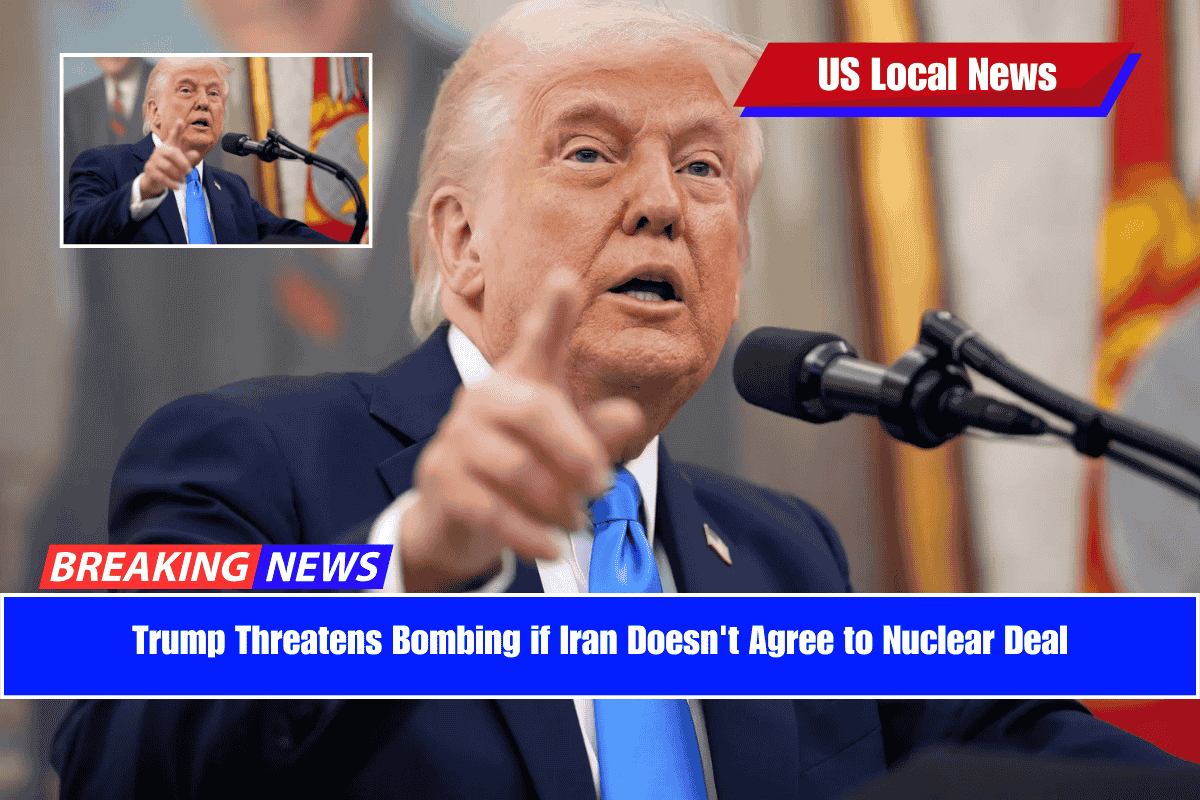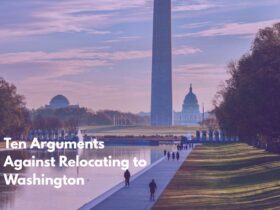U.S. President Donald Trump has made strong remarks threatening Iran with bombing and secondary tariffs if Tehran does not come to an agreement over its nuclear program. These comments came after Iran rejected direct negotiations with the U.S. last week.
Trump’s Warning to Iran
In a phone interview with NBC News, Trump said that the U.S. and Iranian officials were in talks but did not provide details. Trump made it clear that if a deal is not reached, the consequences would be severe:
“If they don’t make a deal, there will be bombing,” Trump stated. “It will be bombing the likes of which they have never seen before.”
Trump also hinted at the possibility of reimposing secondary tariffs on Iran, similar to the ones he applied to Venezuela a few years ago. “There’s a chance that if they don’t make a deal, that I will do secondary tariffs on them like I did four years ago,” he added.
Iran’s Response
In response to Trump’s call for direct talks, Iran sent a message through Oman, making it clear that they would not engage in direct negotiations with the U.S. while under the U.S.’s “maximum pressure campaign” and military threats. Iran’s Foreign Minister reiterated the policy on Thursday, stating that “direct negotiations” were rejected but “indirect negotiations” could continue.
On Sunday, Iranian President Masoud Pezeshkian backed this approach, emphasizing that “indirect negotiations” were still possible, even though direct talks were not.
Secondary Tariffs Threat
Trump also warned of imposing secondary tariffs, which would affect countries that buy goods from Iran or Russia. He recently signed an executive order to apply secondary tariffs to countries purchasing Venezuelan oil.
Trump made it clear that a decision on secondary tariffs would depend on whether Iran takes steps towards a deal. He added:
“We’ll probably give it a couple of weeks and if we don’t see any progress, we’re going to put them on. We’re not putting them on right now. But if you remember, I did that six years ago, and it worked very well.”
Trump’s Approach to Iran’s Nuclear Program
Trump’s comments are part of his broader approach to Iran’s nuclear program. In his first term (2017-2021), Trump withdrew the U.S. from the 2015 nuclear deal that placed limits on Iran’s nuclear activities in exchange for sanctions relief. Since then, the U.S. has reimposed sweeping sanctions on Iran.
Iran has since exceeded the limits set in the original deal, significantly increasing its uranium enrichment levels, which Western powers argue is a step toward developing nuclear weapons. However, Tehran insists that its nuclear program is solely for civilian energy purposes.
Ongoing Tensions and Global Concerns
Despite Trump’s threats, Iran has remained firm in its refusal to engage in direct talks under pressure. The U.S. and Iran’s tense relationship continues to be a major issue, with concerns about Iran’s nuclear ambitions remaining high.











Leave a Reply